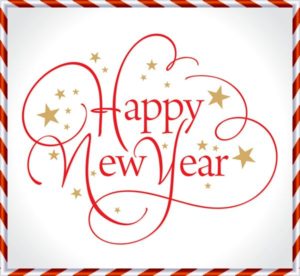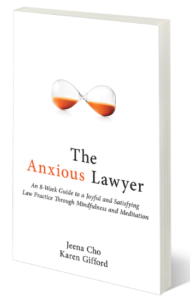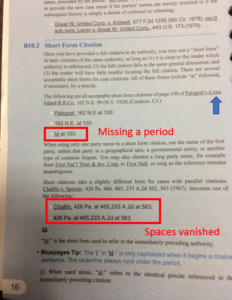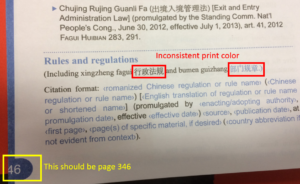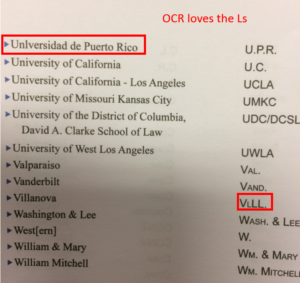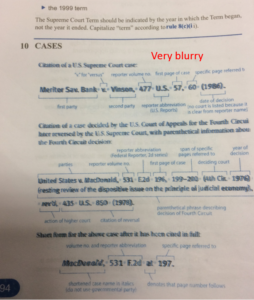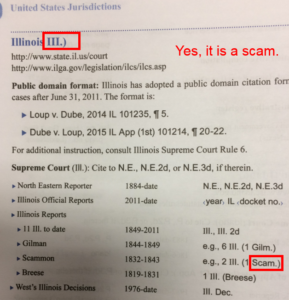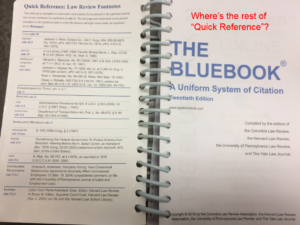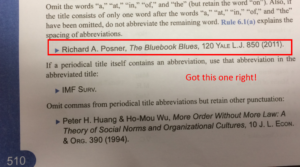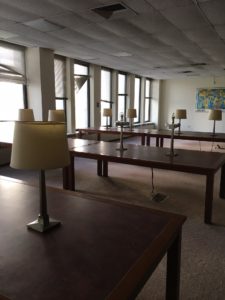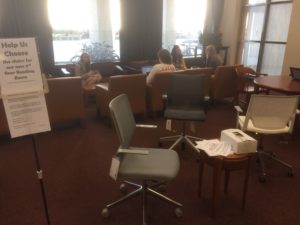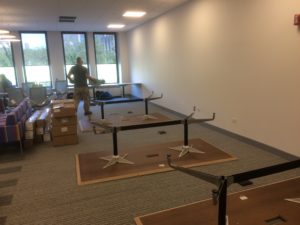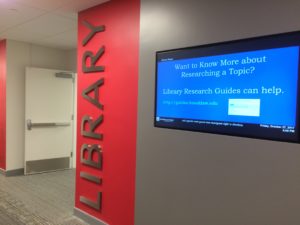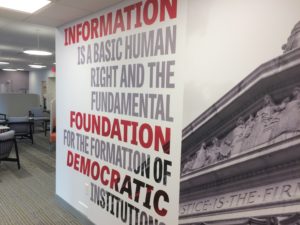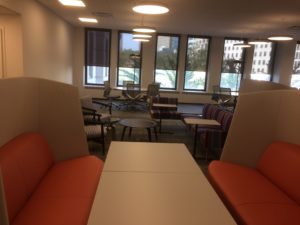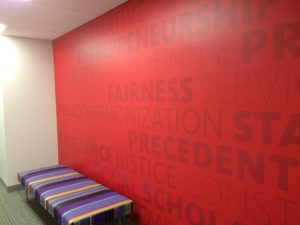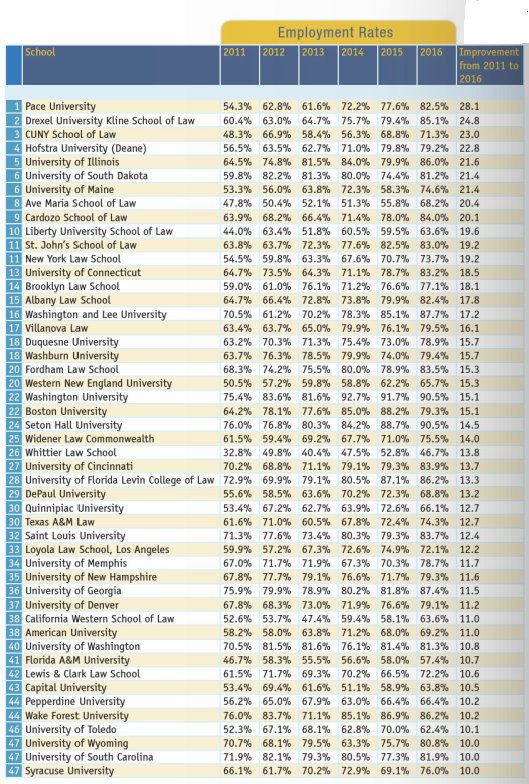The BLS Library has a rare book collection located on the second floor, second mezzanine and third floor levels. While the books on all three floors are in locked cabinets, students may go to the first floor circulation desk and ask for assistance in retrieving these books. The rare books may not be charged out, but they may be used in the library for as long as needed. All rare books are cataloged and available through the SARA online catalog.
The rare books on the second mezzanine are a gift of the estate of Judge Nathan R. Sobel, 1906 -1997, and the collection is named in his honor. Judge Sobel was a graduate of Brooklyn Law School, class of 1927, and a Justice of the New York Supreme Court for over twenty years; for nine years he served as Brooklyn Surrogate.
The books cover a wide variety of topics on all floors: treatises, yearbooks, statutes, reporters, histories, biographies, etc. To give you a sampling:
- Brooklyn Collected Ordinances, 1860 – 1903
- Acts and Resolutions of the First Session of the Provisional Congress of the Confederate States, 1861
- History of the Bench and Bar of New York
- Great American Lawyers: the lives and influence of judges and lawyers who have acquired permanent national reputation…
- Howell’s State Trials: a complete collection of state trials…, 1816 – 1828
Room 107M on the first mezzanine contains the Brooklyn Law School archives. This collection contains a wealth of information about the law school. While the room is kept locked, for access to it, please go to the first floor reference desk. Some of the titles that are located in the archives are:
- Bulletins: While the school no longer published a print bulletin or catalog, the archives contains the bulletins published from 1903 to 2006.
- Class pictures: Pictures of the graduating classes from 1901 – 1969; however, there is not a class picture for every year during this period.
- Commencement programs: Programs for the graduation exercises from 1903 to date.
- The Justinian & BLS News: The Justinian was the school newspaper, written by students for the BLS community, published from 1938 to 1998. After an interval of four years, the student newspaper was re-named BLS News and published from 2002 – 2006.
- Photo Profiles: Print copies of pictures of the BLS entering classes from 1984 – 2001.
- Yearbooks: The BLS Yearbooks from 1982 – 2012. (An earlier yearbook, called The Chancellor, was published in the following years: 1930, 1932 – 1935, 1948 and 1954.)
For a comprehensive listing of the material in the archives, see the BLS LibGuide: Brooklyn Law School Archives Collection.

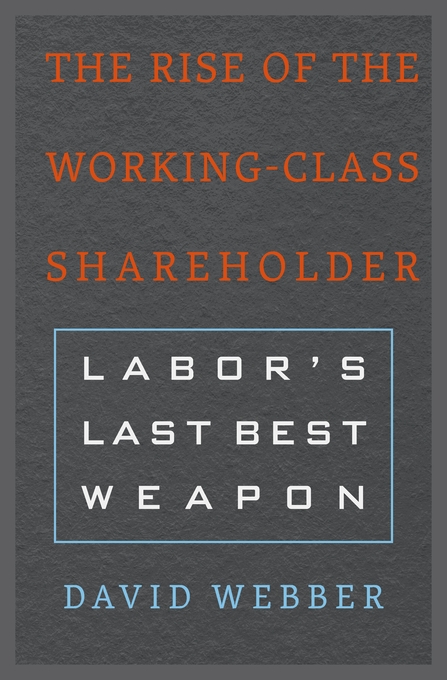
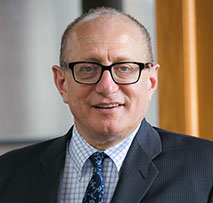

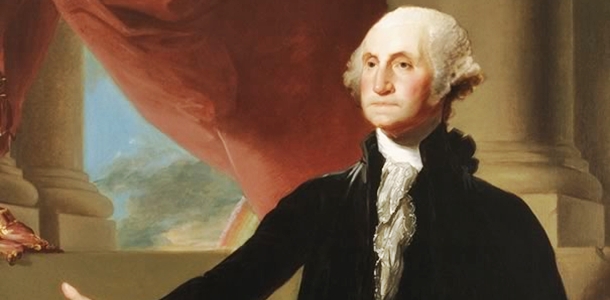
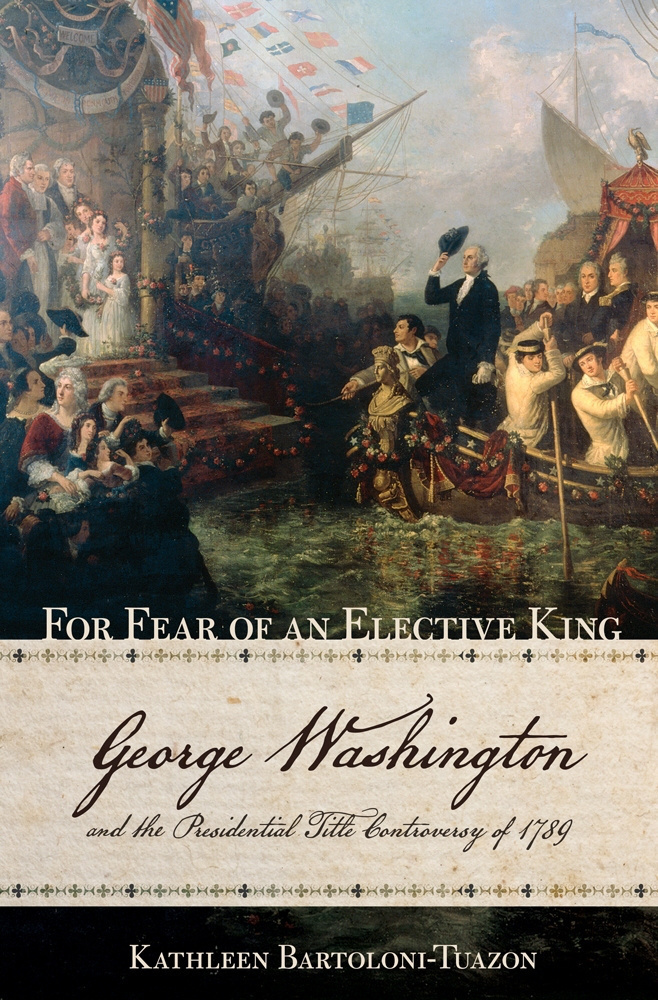
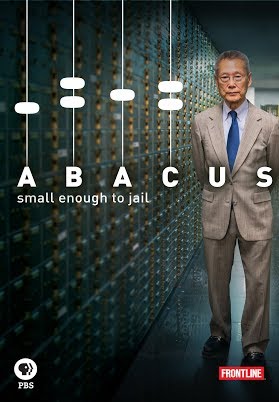 If you want a tale of a bank charged with falsifying loan-application documents by inflating borrower assets, incomes, and job titles, and “fraudulent mortgages” being sold to Fannie Mae, the federally backed mortgage company, see the documentary
If you want a tale of a bank charged with falsifying loan-application documents by inflating borrower assets, incomes, and job titles, and “fraudulent mortgages” being sold to Fannie Mae, the federally backed mortgage company, see the documentary 
